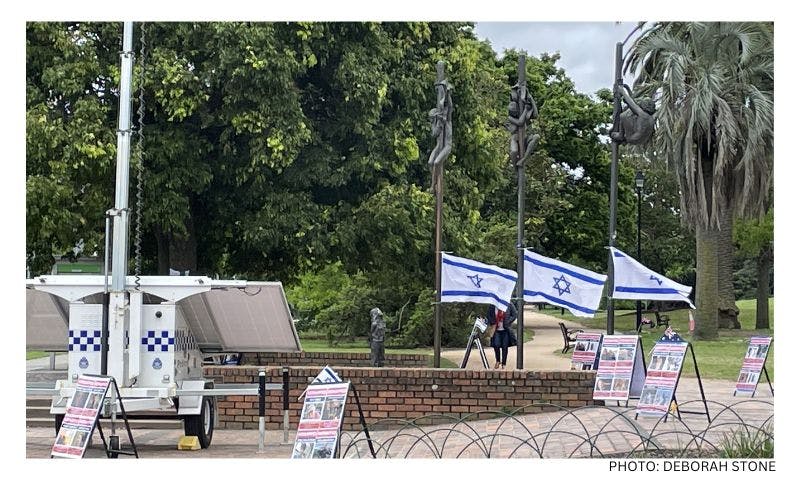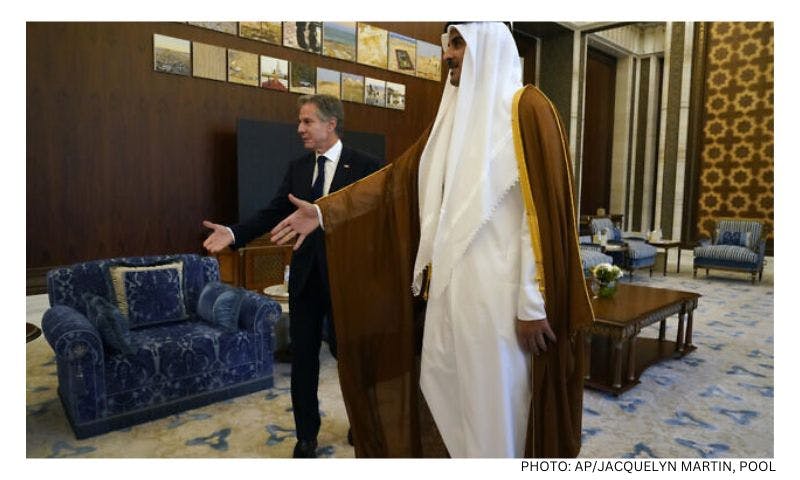Published: 13 November 2017
Last updated: 4 March 2024
Its mission is to make young Jews fall a little bit in love with Israel. It provides a brief taste of Israel, and a little more than a taste of the narrative of Jews and Israel: the deep connections between Jewish culture, history and religion and the land of Israel, and the compelling story of Zionism and why it still matters.
Birthright is so much a part of US Jewish life and identity that it features in an episode of the offbeat TV cable TV show Broadcity. It is also the subject of a very sensitively executed graphic novel by Sarah Glidden How to understand Israel in 60 days or less, which grapples very credibly with the sort of issues in debate in the last week or two, following the news that Birthright will no longer include a module with Arab/Palestinian Israelis about their lives in Israel and their national narrative.
The news has been widely criticised, and Birthright has defended the decision saying it is not political – that it’s about logistics and vendors and all the other practical things involved in running an industrialised touring venture.
That may be true, and the Australian Birthright program, which is quite customised, has not consistently included a module of hearing from Arab/Palestinian Israelis. Many might argue Birthright is not obliged to do that – it is providing an experience of the story of Jews and Israel, a big enough story to tell in only ten days.
But I believe it’s a big mistake to institutionalise what is already an inherent part of touring Israel as part of Jewish programs - that encounters with non-Jewish Israelis are mainly with people in serving capacities, whereas encounters with Jewish Israelis are diverse and involve emotional connection and engagement.
It doesn’t dilute the Jewish connection with Israel to acknowledge that there were people living there before Jews started moving to Israel in meaningful numbers in the19th century. Nor does it cancel the wonder of Israel’s extraordinary achievements that Arab Israelis, who make up 20% of Israel population, experience real and well documented cultural and material discrimination as an ethnic and religious minority.
And it is a form of denial not to provide even the most basic perspective of what Israel’s occupation of the Palestinian territories looks and feels like for Palestinians. Even if such encounters make the story of Jews and Israel a little less digestible, a little more ambivalent, they need to be told and heard because they are real and true.
And because young people deserve an experience that provides some of the nuance of Israel’s complex history and even more complex present. When Israel education is obviously incomplete, we short sell the people we’re trying to educate and leave them ill equipped for a real understanding of Israel.
We also risk that when they experience persuasive criticism of Israel and find their own knowledge wanting and deficient, they retreat to extreme positions.
The success of Birthright is impressive but doesn’t place it beyond critique. And its length is no excuse to avoid the obligation to expose young Jews to at least a first conversation, a basic introduction to an issue that is much a part of the story of Israel as kibbutzim, the revival of Hebrew and partying in Tel Aviv.
READ MADDY BLAY: Birthright: It's not enough to organise meetings with 'good pro-Israel Arabs'
AND SEE
Birthright operator promotes free extended Israel stay for volunteering with extremist rabbi in the settlements (Haaretz)
Hundreds, if not thousands, of Birthright participants have extended their trips to stay at a Jerusalem hostel where projects include building homes and planting trees at illegal outposts
Photo: The Forward




